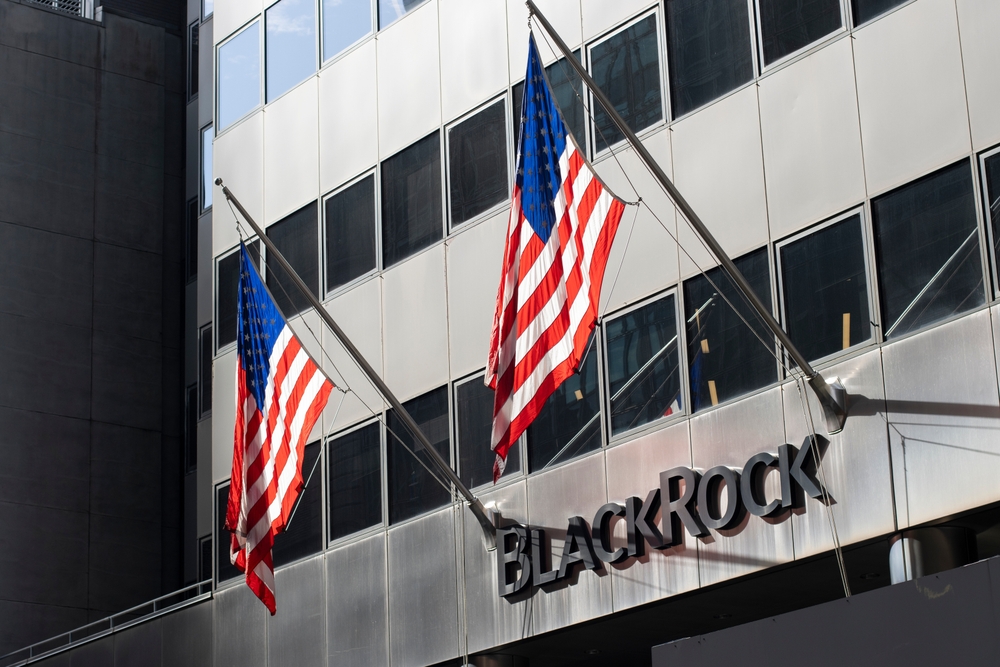
Some of the world’s biggest finance lobby groups are pushing regulators to ease up on strict new rules for banks dealing with crypto.
In a joint letter to the Basel Committee on Banking Supervision, the groups urged a temporary pause on the rollout of its cryptoassets exposure rule, which is set to take effect in 2026.
They want regulators to reassess “recent and ongoing developments in global cryptoasset markets” before locking banks into a framework they argue is already outdated.
The lobbying effort comes as distributed ledger technology (DLT) adoption has exploded since 2022, when the rules were first agreed. Back then, crypto was reeling from a bubble crash and a wave of bankruptcies that bred skepticism.
The Basel Committee responded with a highly conservative approach: steep surcharges on banks holding cryptocurrencies and tight restrictions that made digital assets essentially off-limits for the regulated banking sector.
At the time, that caution was easy to justify.
High-profile collapses, from exchange blowups to hedge fund implosions, painted crypto as a systemic risk. And many in traditional finance took the crash as proof that bitcoin and its peers didn’t belong anywhere near a balance sheet.
But the past three years have flipped that narrative. JPMorgan Chase and BlackRock — once among crypto’s loudest skeptics — now openly embrace digital assets.
Asset managers are pouring money into tokenization projects and trading infrastructure. In other words, traditional finance is no longer watching from the sidelines.
Banks want in
That’s why lobbying groups argue Basel’s current rulebook is out of step with reality.
The letter warned that “restrictive qualification standards, combined with otherwise punitive market and credit risk capital treatments, effectively make it uneconomical for banks to meaningfully participate in the cryptoasset market.”
Worse, they argue, the overly cautious framework risks cementing “a bifurcated market structure” where crypto innovation grows outside the regulated banking system, not because of risk but because of how the rule was designed.
“Throughout the history of financial markets, innovation has always charted the way forward to a more robust and efficient financial sector,” the groups wrote.
“Banks have adopted new technologies in every era of the financial system, and we do not believe they should be unfairly restricted from doing so with respect to DLT and cryptoassets.”
Signatories include the International Swaps & Derivatives Association, the Global Financial Markets Association, the Global Blockchain Business Council, and the Institute of International Finance.
Regulators take notice
The pressure may already be working. U.S. Federal Reserve Governor Michelle Bowman, who sits on the Basel Committee’s governing body, signaled at the Wyoming Blockchain Symposium that “change is coming” to how regulators handle both crypto and AI.
Her comments, as reported by Bloomberg, suggested a willingness to make space for innovation.
“If regulators don’t allow for these new technologies to proliferate in a way that benefits the banking system, then we risk the banking system becoming less relevant to consumers, businesses, and the overall economy,” she said.
With global banks now clamoring for access, the debate over crypto’s place in regulated finance has shifted from whether it belongs to how quickly regulators are willing to redraw the lines.
Your email address will not be published. Required fields are markedmarked